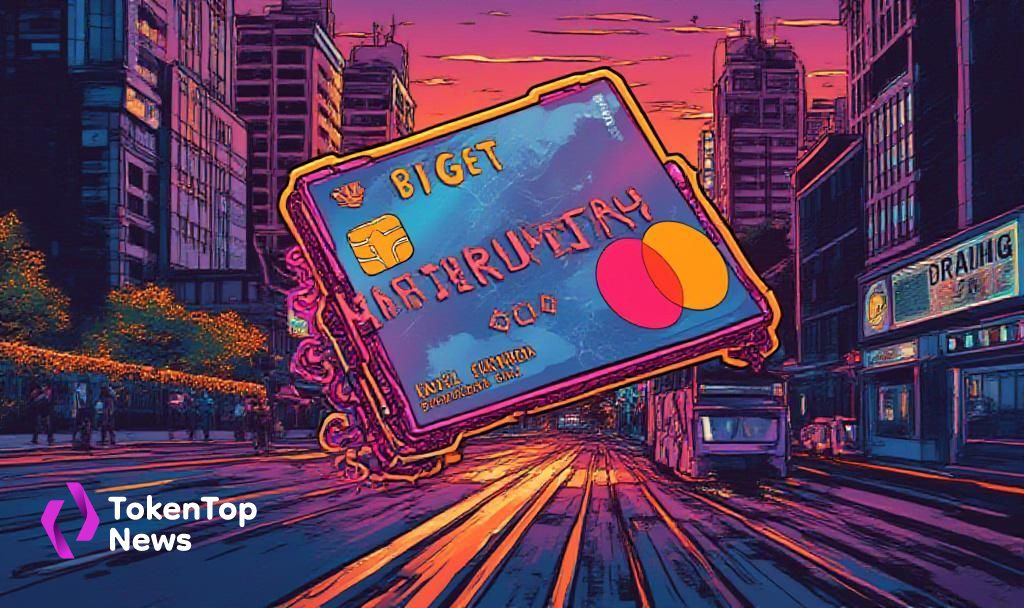Bitget and Mastercard Introduce Cryptocurrency Payment Card
- Main event: Bitget partners with Mastercard for crypto payments.
- Zero-fee crypto cards are introduced globally.
- Partnership enhances crypto’s real-world utility.

The collaboration between Bitget and Mastercard signals a step towards mainstream crypto adoption, enhancing payment infrastructure for digital assets. It marks a significant advance in how cryptocurrencies can be utilized in daily life.
Innovative Partnerships for Future Transactions
Bitget Wallet partners with Mastercard to launch a crypto card enabling real-time payments. The initiative aligns with Bitget’s strategy for real-world crypto use, enhancing the “PayFi (Payment Finance)” vision and bringing digital assets closer to everyday transactions.
Key players in the partnership include Bitget Wallet, Mastercard, and Immersve, a licensed issuer ensuring compliance. Over 150 million global Mastercard merchants will accept payments. The card supports Bitcoin BTC +0.00% and potentially Ethereum ETH +0.00% and stablecoins.
“This collaboration is a major step in bringing digital assets closer to widespread adoption, noting that digital wallets are becoming as ubiquitous as email addresses,” said Scott Abrahams, Executive Vice President of Global Partnerships at Mastercard.
The collaboration is expected to impact crypto’s mainstream use, allowing real-time conversions at Mastercard merchants. The payment industry benefits from increased crypto integration, enhancing financial inclusivity on a large scale.
Impacts of Regulatory Frameworks and Future Trends
Although no new data on on-chain metrics is published, the focus remains on payment solutions over total value locked (TVL). Regulatory frameworks ensure security, with enhanced KYC/AML policies. The seamless conversion process may encourage further institutional crypto adoption.
Financial implications hinge on market reactions and user engagement. Historical precedents suggest similar projects often lead to a boost in user participation and network usage. The move positions cryptocurrencies well for broader societal acceptance.



